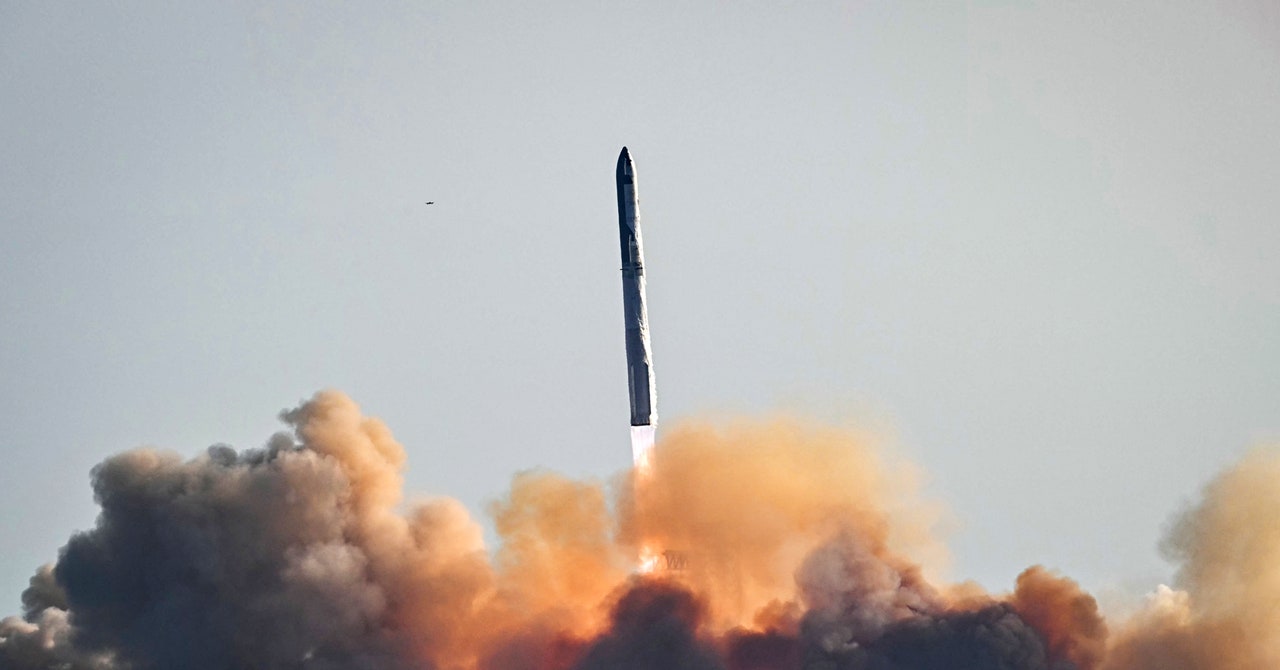Although SpaceX founder Elon Musk is known for outspokenness and controversial comments on his social media site X, he has been relatively reticent when it comes to US space policy in recent years.
For example, he has rarely criticized NASA or its overall goal of returning humans to the moon through the Artemis program. Rather, Musk, who has long favored Mars as a destination for humans, has more or less been a team player when it comes to the space agency’s moon-focused plans.
This is understandable from a financial perspective, as SpaceX has contracts worth billions of dollars to not only build a human landing system as part of the Artemis program, but also to provide food, cargo and other logistics services for a planned Lunar Gateway in orbit around the moon.
But privately Musk has been critical of NASA’s plans, suggesting the Artemis program has moved too slowly and is too dependent on contractors seeking cost-plus government contracts and less interested in delivering results.
Silent about politics no longer
Over the past 10 days, Musk has begun airing some of these private thoughts publicly. On Christmas Day, for example, Musk wrote on X: “The Artemis architecture is extremely inefficient as it is a job-maximizing program, not an output-maximizing program. Something completely new is needed.”
Then on Thursday night he added this: “No, we’re going straight to Mars. The moon is a distraction.”
These are definitive statements that directly contradict NASA’s plans to send a series of human missions to the moon’s south pole later this decade and establish a sustainable base of operations there with the Artemis program.
It would be one thing if Musk were simply expressing his opinion as a private citizen. But since playing a significant role in the election of Donald Trump as the next US president last year, Musk has taken on an important advisory role for the incoming administration. He was also partially responsible for the expected nomination of private astronaut Jared Isaacman to become the next administrator of NASA. While Musk doesn’t direct US space policy, he certainly has a meaningful influence on what happens.
So what does this mean for Artemis?
The fate of Artemis is an important issue not only for NASA, but for the US commercial space industry, the European Space Agency and other international partners who have joined the return of humans to the moon. With Artemis, the United States is in competition with China to establish a meaningful presence on the lunar surface.
Based on conversations with people involved in developing space policy for the Trump administration, I can offer some educated guesses about how Musk’s comments should be interpreted. None of these people, for example, would disagree with Musk’s claim that “the Artemis architecture is extremely inefficient” and that some changes are warranted.
With that said, the Artemis program is probably not going away. After all, it was the first Trump administration that created the program about five years ago. It may be less well remembered, however, that the first Trump White House pushed for more significant changes, including a “major course correction” at NASA.
“I’m calling on NASA to adopt new policies and embrace new thinking,” then-Vice President Mike Pence said in May 2019. “If our current contractors can’t meet this goal, then we’ll find those who will.” (Speaking of the Vice President, the National Space Council is unlikely to be reconstituted under JD Vance).
